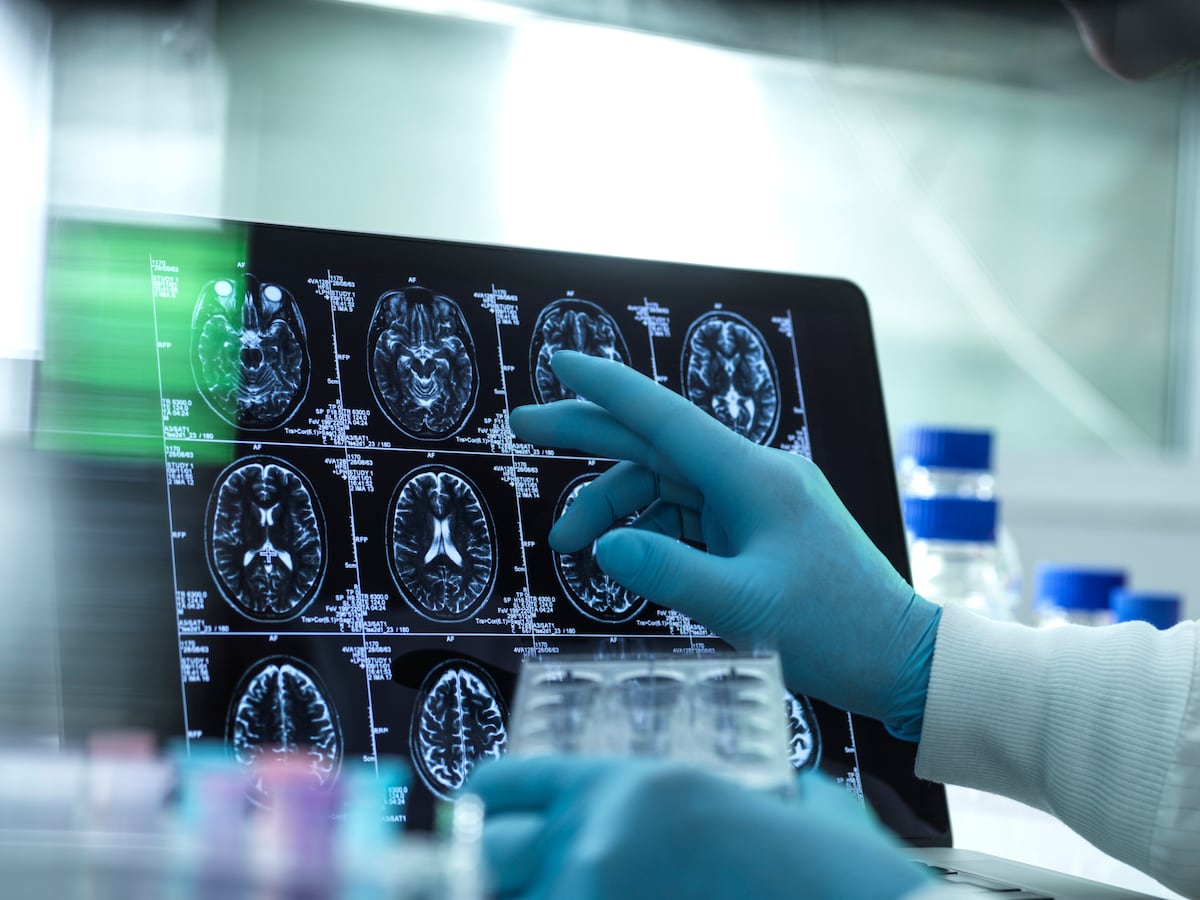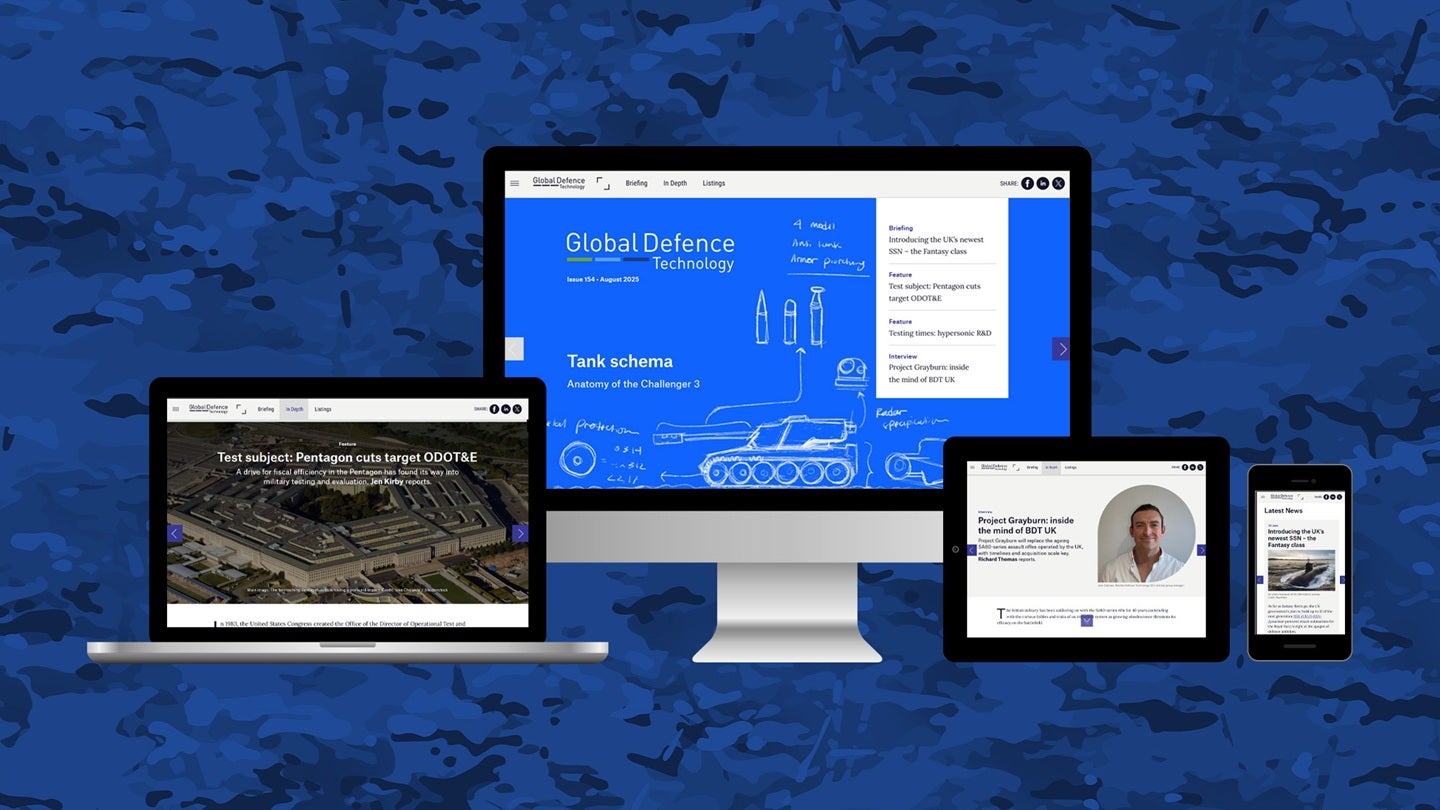Could Tech Be the Key to More Accurate Mental Health Diagnoses in Singapore?

For decades, diagnosing mental health conditions like depression and schizophrenia has largely relied on subjective assessments – a patient’s self-reported experiences and a clinician’s observations. While valuable, this approach can be prone to biases and inconsistencies. But what if technology could offer a more objective lens? A growing wave of innovation is exploring how biomarkers and digital tools can revolutionize psychiatric diagnoses, potentially leading to earlier, more accurate interventions and improved patient outcomes, particularly relevant in Singapore's increasingly aware society.
The Limitations of Traditional Methods
The current diagnostic process, primarily based on interviews and questionnaires, is inherently reliant on the patient’s ability to articulate their feelings and experiences. Factors like cultural background, stigma, and even the patient-clinician relationship can influence the reported symptoms. Furthermore, diagnostic criteria, while standardized, can still be open to interpretation. This subjectivity can lead to delays in diagnosis, misdiagnosis, and ultimately, suboptimal treatment plans.
Emerging Technologies: A Shift Towards Objectivity
The good news is that researchers and tech companies are developing a range of tools aimed at overcoming these limitations. These technologies fall into several categories:
- Biomarkers: Scientists are actively searching for biological markers – measurable indicators in the body – that are associated with specific mental health conditions. This includes exploring blood-based biomarkers, genetic predispositions, and even brain imaging techniques like fMRI (functional magnetic resonance imaging). Early studies have identified potential biomarkers for depression, schizophrenia, and bipolar disorder.
- Digital Phenotyping: This approach leverages data from smartphones, wearable devices, and social media to create a “digital fingerprint” of an individual’s behavior and mental state. For example, changes in sleep patterns, activity levels, language use, and social interaction can provide valuable insights into a person’s mental health.
- Artificial Intelligence (AI) and Machine Learning: AI algorithms can analyze vast datasets of clinical information, brain scans, and digital phenotyping data to identify patterns and predict diagnoses with greater accuracy. AI-powered chatbots are also being developed to screen individuals for mental health concerns and provide initial support.
- Virtual Reality (VR): VR environments are being used to simulate real-world situations that trigger anxiety or other mental health symptoms, allowing clinicians to observe and assess a patient's responses in a controlled setting.
Singapore's Role and the Future Landscape
Singapore, with its strong focus on technological innovation and healthcare, is well-positioned to embrace these advancements. Local researchers are actively involved in biomarker discovery and digital phenotyping studies. The integration of these tools into clinical practice, however, requires careful consideration. Data privacy and security are paramount, and it's crucial to ensure that these technologies are used ethically and equitably. Furthermore, these technologies aren’t meant to *replace* clinicians, but rather to *augment* their expertise, providing them with more comprehensive and objective information.
Addressing Challenges and Looking Ahead
Despite the immense potential, challenges remain. Biomarker research is still in its early stages, and many findings need to be replicated in larger, more diverse populations. Digital phenotyping raises concerns about data privacy and the potential for algorithmic bias. Moreover, acceptance of these new technologies by both clinicians and patients will be key to their successful implementation.
Ultimately, the future of psychiatric diagnosis is likely to involve a hybrid approach, combining traditional methods with the power of technology. This shift promises to lead to earlier, more accurate diagnoses, personalized treatment plans, and ultimately, improved mental well-being for individuals in Singapore and beyond.






